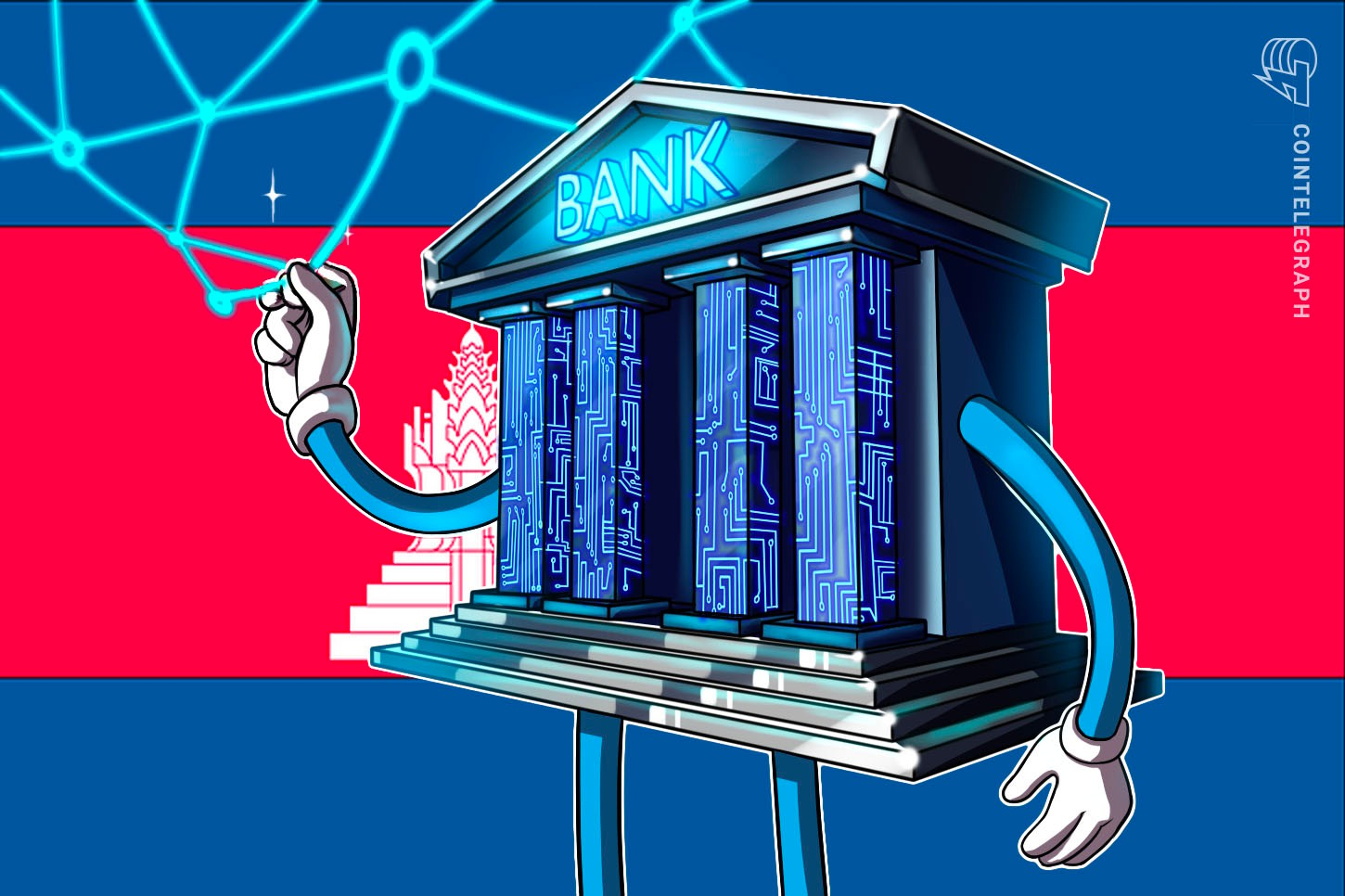Cambodia’s national blockchain-based payments system is expected to become fully operational in the coming months.
Called “Bakong,” the digital currency has been in limited use since its pilot launch in July 2019.
Makoto Takemiya — the CEO of Soramitsu, the Japanese firm who has been developing the system with the National Bank of Cambodia (NBC) since 2017 — clarified that there are currently 16 banks and over 15,000 users, with over 600 shops across Cambodia that accept Bakong.
Takemiya indicated that since last July:
“Anyone with a Cambodian phone number can install and use the Bakong app with real money. There are still a limited number of bank branches where users can top up their balances, though, as commercial banks are still training their staff.”
Speaking to reporters earlier this week, the NBC’s director-general of the National Bank of Cambodia, Chea Serey, said that the Bakong is now expected to be operational within this quarter. She explained that:
“Bakong will play a central role in bringing all players in the payment space in Cambodia under the same platform, making it easy for end-users to pay each other regardless of the institutions they bank with. Eventually, we hope to allow cross border payment through the Bakong system too.”
Presenting the Bakong digital currency system as “the national payment gateway for Cambodia,” Serey noted that additional banks are expected to join the project in the near future.
“We are in the final stages of the deployment”
Phnom Penh Commercial Bank president Shin Chang Moong told reporters that the bank would be deploying the Bakong at all its branches.
Development of the digital currency, Chang Moong noted, “has taken a little longer than expected because we were ensuring that the system is as useful and convenient for the users as possible.”
“We are in the final stages of the deployment,” he said.
As compared to conventional payment and currency transfer methods, Chang Moong claimed that the Bakong would be cheaper and more convenient:
“Some are concerned that banks might lose some of its market share to Bakong. This is partly true, at least in the short term. However, our industry is relatively immature in terms of the number of service providers and users. Bakong will eventually create financially inclusive ecosystems that all the stakeholders in the industry can benefit from.”
Bakong won’t be decentralized like a private cryptocurrency — the wallet used for the coin will be linked to users’ bank accounts to facilitate exchange for hard currency, and all the transactions will be processed on a real-time basis, with records stored at the central bank.
Among other things, the introduction of Bakong will help to set a national standard for QR code usage. As a bank-initiated digital currency, it is also designed to allow “zero possibility of speculation,” Chang Moo noted.
As the global financial community learns more about the details of the currency, “many many other central banks around the world are likely to follow suit,” he said.
In response to the high-profile central bank digital currency development underway in China, the Bank of Japan has also been accelerating its own research into a possible digital yen.


